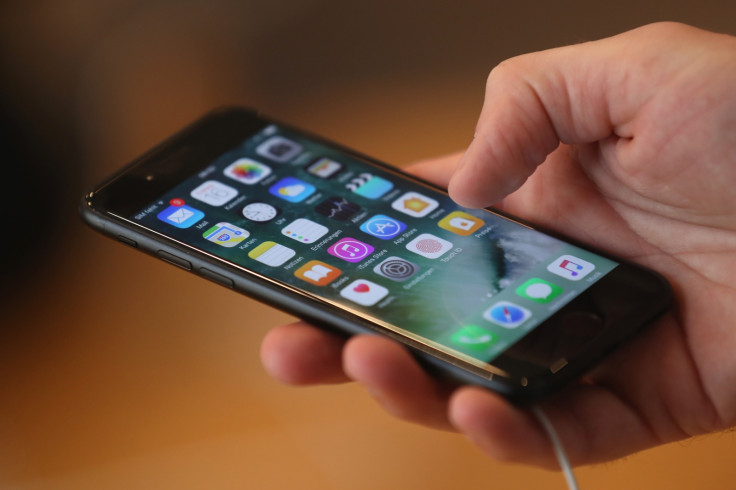Apple to prompt all iOS users to turn on two-factor authentication?
Users of its iOS 10.3 beta are reportedly receiving push notifcations about 2FA.

In a possible sign of things to come, US tech giant Apple is reportedly deploying push notifications to prompt users of its iOS 10.3 software beta to enable two-factor authentication for its key services – an option that will add an additional layer of security to devices.
The setting will help protect accounts – including Apple ID and iCloud– from cybercriminals by demanding that a secondary six-digit verification code is sent to another device or trusted phone number, a code that will be needed before access to an account is granted.
If a user swipes right on the push notification, they will be taken directly to a screen in the iOS Settings page that can be clicked to instantly enable the feature.
According to 9to5Mac, which first reported the news, the notification does not go away automatically like the majority of updates. Instead, it has to be manually cleared.
A description reads: "Two-factor authentication is the best way to keep your account secure. It can protect your account even if someone learns your password."
While the two-factor capability is a fairly standard affair, clicking a "Learn More" option provides more detail about the process.
It states: "When you enter your Apple ID and password for the first time on a new device, Apple will ask you to verify your identity with a six-digit verification code.
"Just enter the code to sign in and access your information. Once signed in, you won't be prompted for a verification code again on that device unless you sign out completely, erase your device or need to change your password for security reasons."
The 9to5Mac report said that at the time of writing it appears to only be those on the iOS 10.3 beta who are being presented with the security message, however more iPhone or iPad users may soon see the notification when the software upgrade is publicly released later this year.
"Two-factor authentication is a new service built directly into iOS, macOS, tvOS, watchOS, and Apple's websites," the company states on its security page. "It uses different methods to trust devices and deliver [...] verification codes, and offers a more streamlined user experience."
IBTimes UK contacted Apple for comment however had received no response at the time of publication.
© Copyright IBTimes 2025. All rights reserved.






















